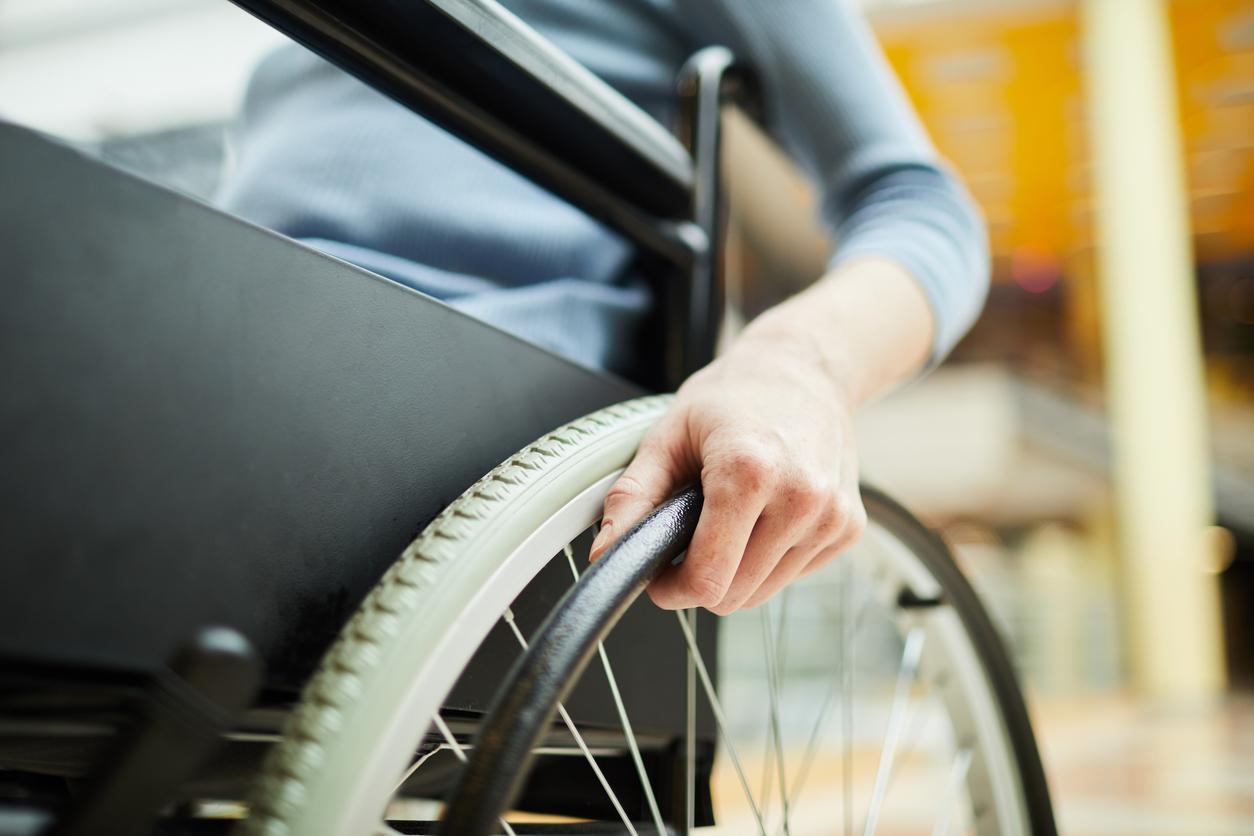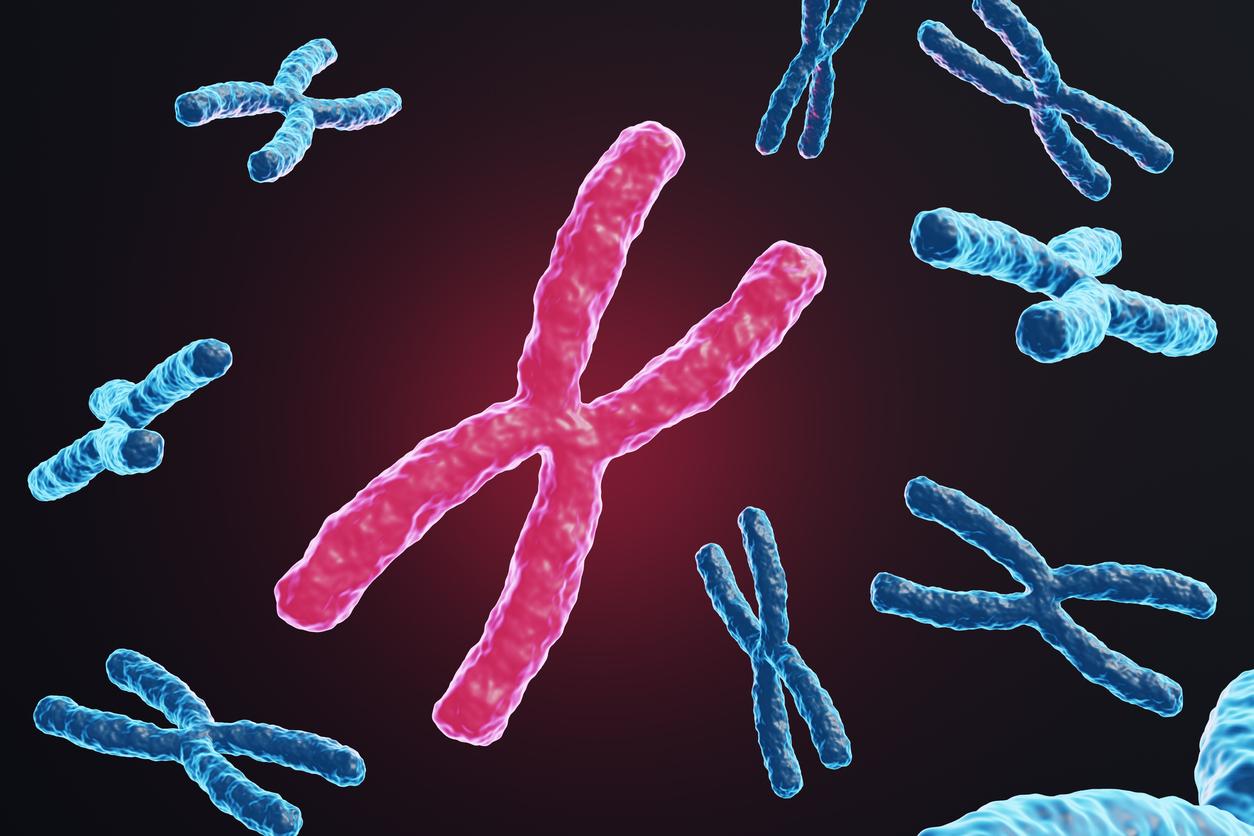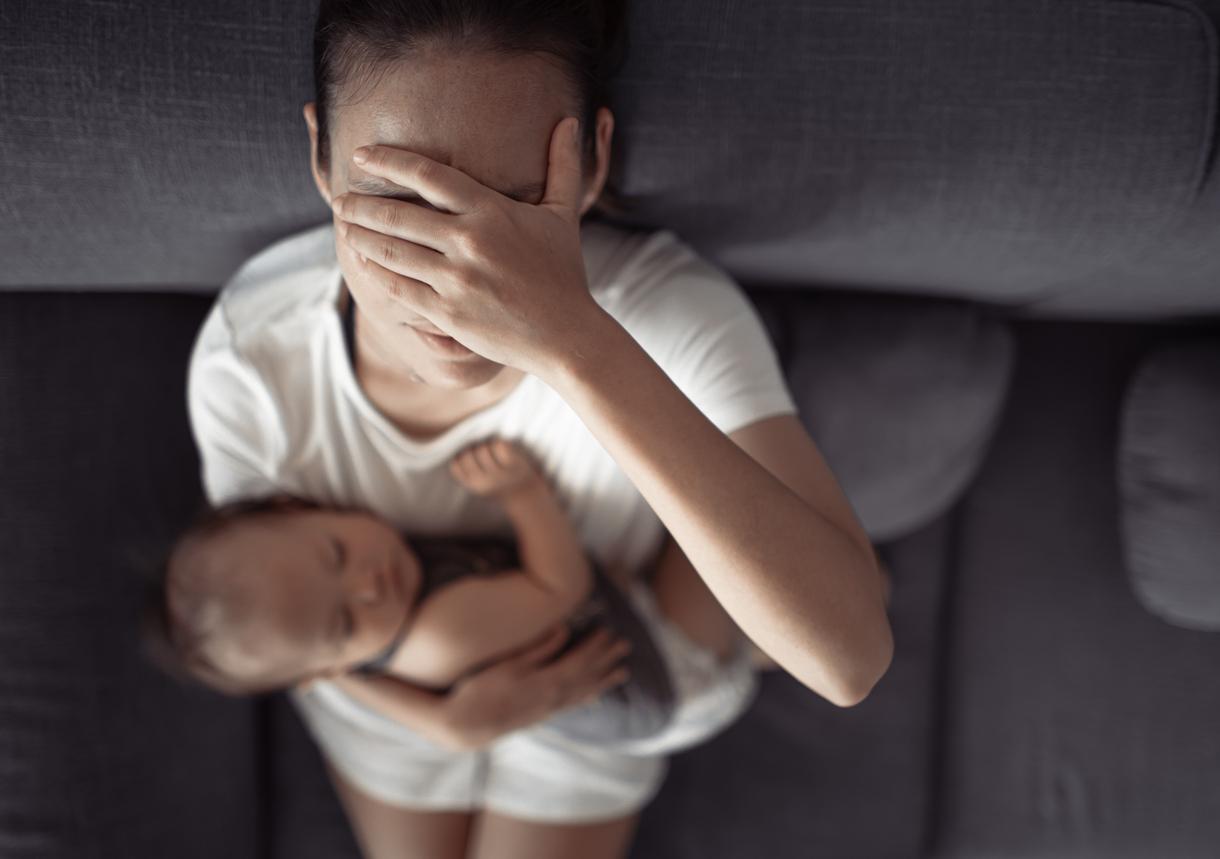Since she started, Diane’s life has been marked by a major handicap: spina bifida. Here is his testimony.

- Born with spina bifida, Diane recounts her daily life marked by the disease for 44 years.
- Spina bifida is a serious birth defect.
- In recent years in France, more and more babies have been affected in utero by spina bifida.
Diane was born with spina bifida. “On a daily basis, I suffer from abnormal slowness, fecal and urinary incontinence, hydrocephalus, very significant fatigue and problems concentrating,” she describes. “It’s also an illness that causes me a lot of anxiety attacks and doubts about my ability to be independent,” she adds.
What is spina bifida?
Spina bifida is a failure of the rear part of one or more vertebrae to close, leaving the contents of the spinal column of newborns (meninges, spinal cord, nerve roots, etc.) exposed and unprotected. Even if this serious illness is partly operable, those affected have lasting effects throughout their lives.
Diane thus lives in a single-storey apartment designed so that she can live there alone, particularly in terms of the toilets and shower. She is also monitored on a daily basis by a neurologist, a urologist, an orthopedist, a general practitioner and a psychologist so that the disease does not worsen.
“It varies from person to person, but I had a catheter put in my brain and my spinal cord closed when I was a child,” traces our patient. “Today I no longer have treatment, but I have been on Minirinmelt and Ditropan for a long time,” she specifies.
Spina bifida: “It’s difficult to make friends with this disability”
What about his social life? “It’s difficult to make friends with this disability. Personally, I have very few, because I have a lot of difficulty getting around: I need a caregiver to accompany me and push my wheelchair “, regrets Diane. “When you are disabled, it requires more effort to reach out to others and tame them, because difference is scary”she laments.
It’s also difficult to have a love life with your disability. “Today, I am single. I had a few affairs when I was young, but my intimate problems scare people away, especially because they impact my sex life.” she testifies.
At 44, Diane has never managed to find a job, despite her status as a disabled worker (RQTH) and a professional baccalaureate in secretarial science obtained following schooling logically disrupted by illness. “I have done a lot of internships in companies, but each time, I am told that I am too slow and not versatile enough to be hired, even if HR recognizes my voluntarism. This affects me enormously, because it is important for me to have a job and to make myself useful to society”, she elaborates. “I tried everything to achieve this goal, but even the ESATs didn’t want me,” she laments.
Spina bifida: “We don’t talk about this pathology at all in the media”
On a daily basis, Diane can still count on the precious support and unwavering help of her mother and her little sister, both able-bodied. “The psychologist I see regularly also does me a lot of good,” she also emphasizes.
Diane also does a lot of visual arts and writes short stories. In the one which was published by Lys Bleu Éditions, the author knowingly fictionalized her own life. “Through this book, I wanted to highlight spina bifida, because in France, we do not talk about this pathology at all in the media or at charity events,” explains the Nice woman. “Writing this text was also a real therapy in its own right”she analyzes with hindsight.
Regarding the problem of disability in France more generally, Diane believes “that a lot of progress has already been made, but that we could go even further, particularly in access to employment, by raising awareness among recruiters and adapting positions so that everyone can flourish at their own pace” .
The incidence of spina bifida is increasing in France
In recent years in France, more and more babies have been affected in utero by spina bifida. According to the EUROCAT register, the incidence of this congenital malformation increased from 3.87/10,000 cases over the period 1991/2000 to 5.77/10,000 cases over the following decade.
The deficiency of certain nutrients – in particular folic acid (vitamin B9) and methionine – is one of the reasons for the occurrence of this anomaly, the origin of which remains largely mysterious.
Spina bifida can be detected in the sixth month of pregnancy. In 80% of cases, doctors offer an IMG.

Diane, 44 years old.













-1740653386.jpg)



